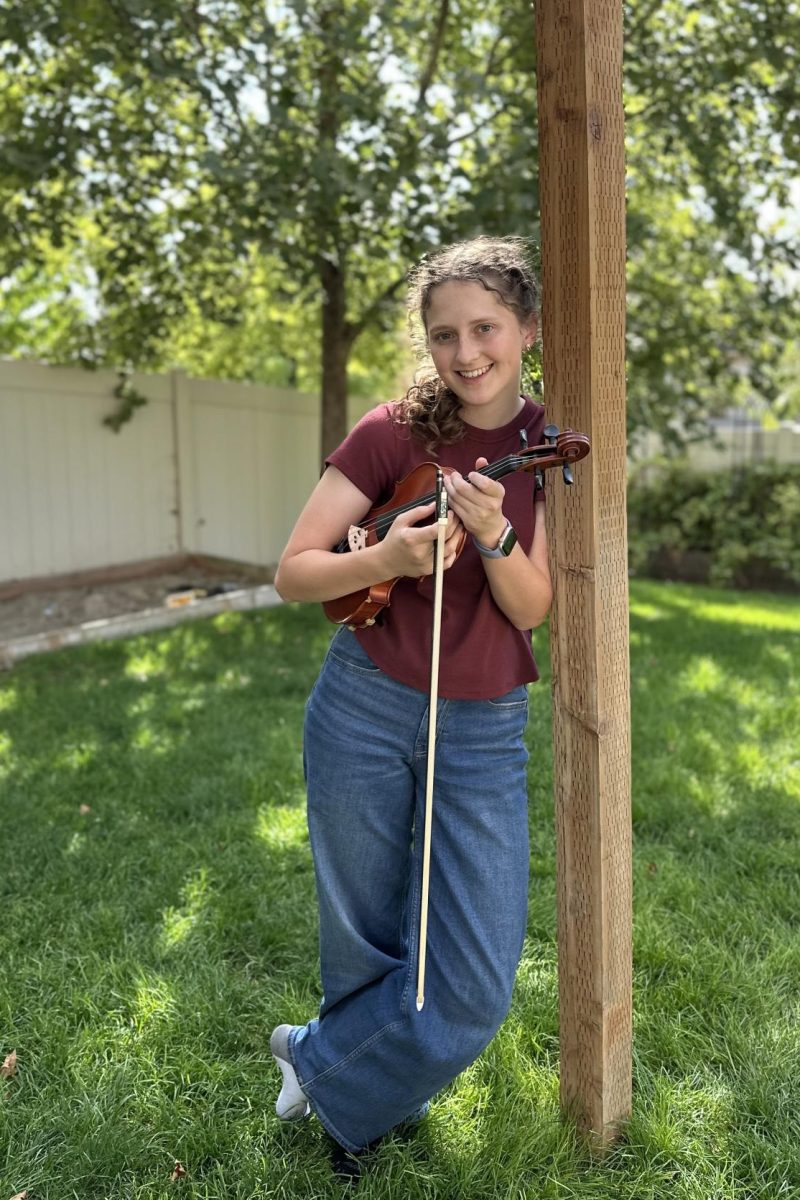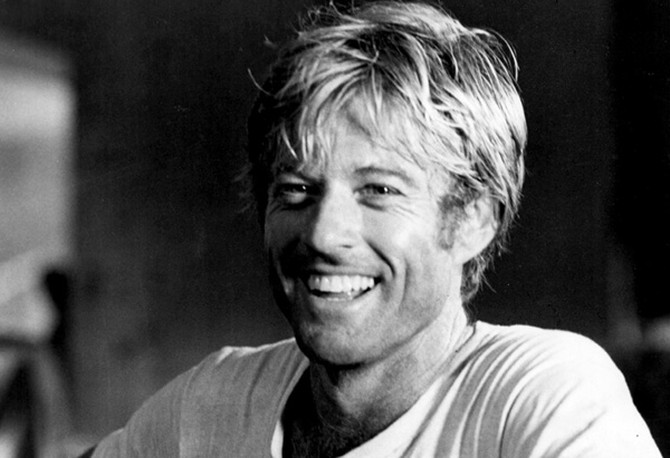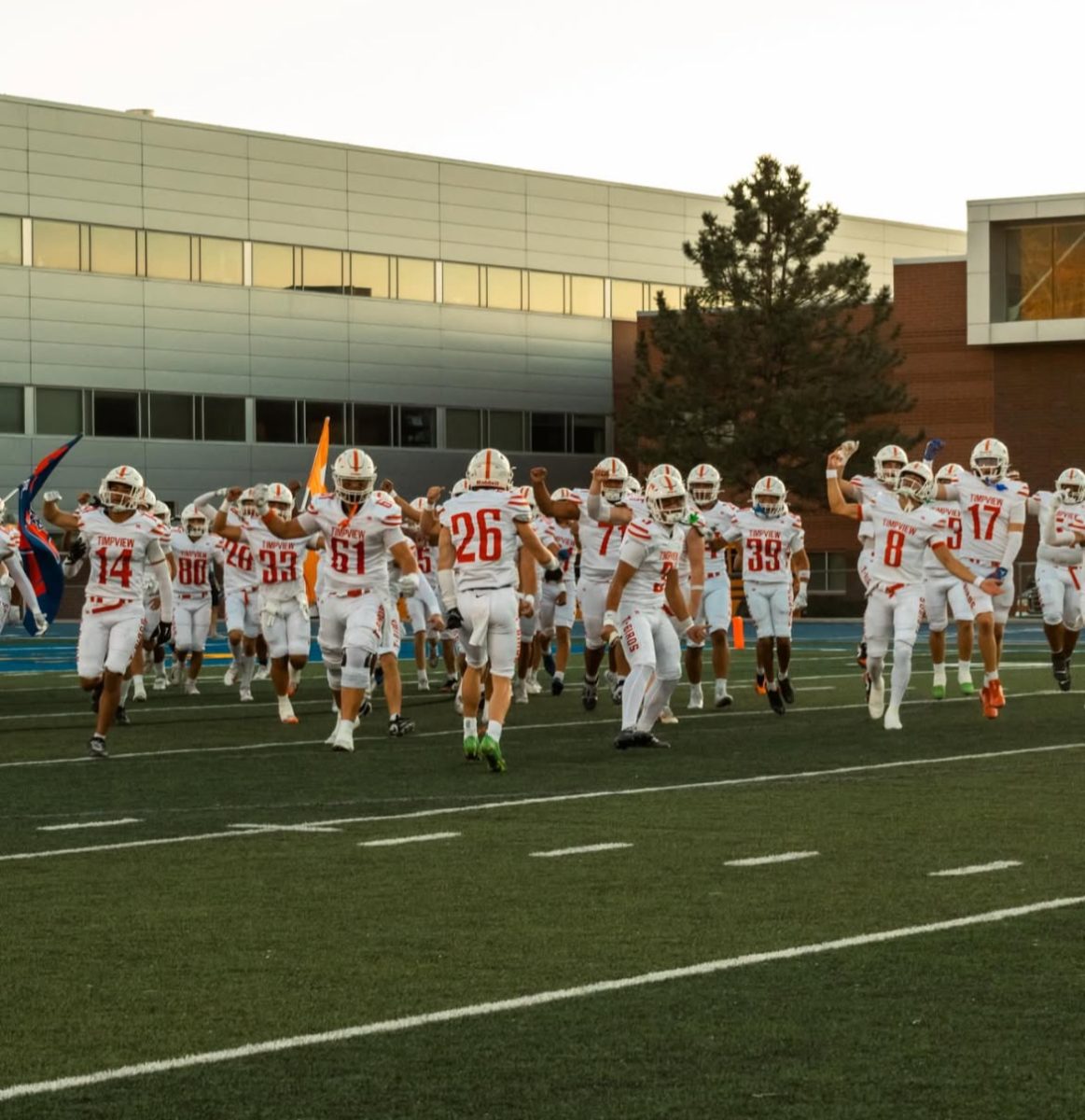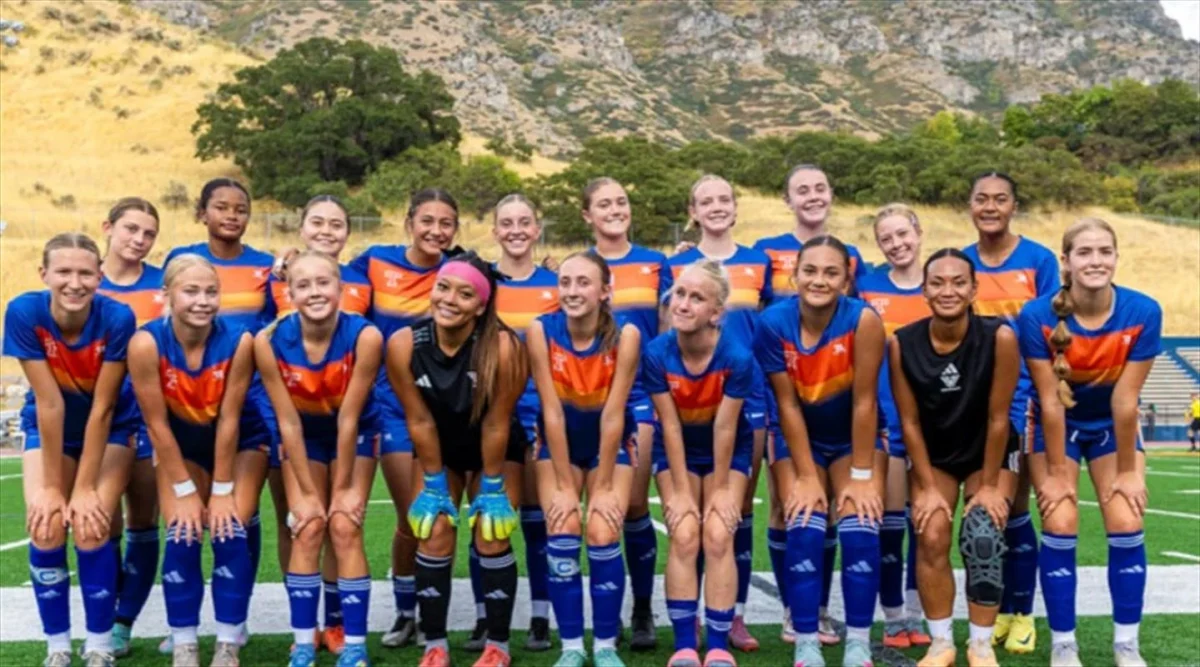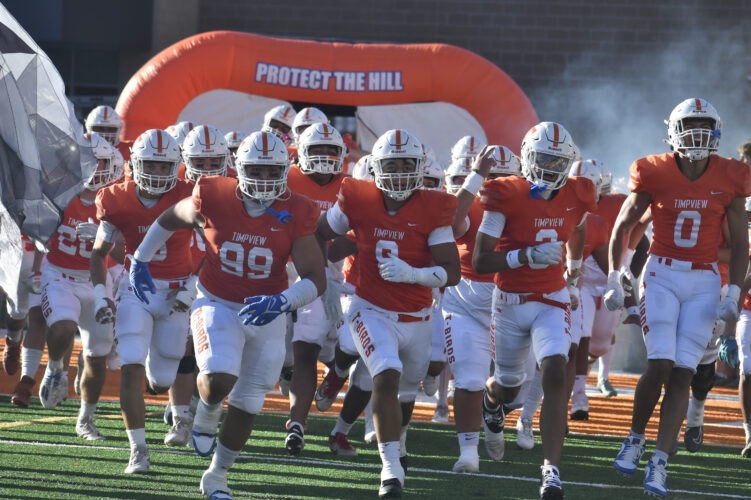Becoming a D1 athlete requires a combination of talent, dedication, and planning. Multiple athletes were interviewed: Dean Rueckert- a student-athlete with multiple D1 basketball offers, Jane Hedengren a Timpview track athlete committed to a D1 school. Additionally, Todd Miller, director of golf at Brigham Young University, Simon Kwon, a collegiate golfer, and Elizabeth “Bitsy” Tullis, a Collegiate Tennis player.
After these interviews, it has been determined that there are 5 key factors to become a D1 athlete.
1. Physical and Mental strength
Starting with the obvious, you need to possess a high level of skill in your chosen sport. This often means excelling in competitions and standing out among your peers. D1 athletes are generally in peak physical condition. This includes strength, speed, agility, and endurance, which must be developed through intense training and conditioning.
Bitsy Tullis first spoke on her experience through strength, she stated “physical and mental training go hand in hand. You really need both to compete at the highest level. Training gives you confidence in competition. It takes training in the gym, on the court/field and mentally training through meditation, journaling and proactive self talk.” Timpview Junior Dean Rueckert said that “taking care of yourself and working hard on your physical and mental game, along with staying confident and having fun are all important.” Lastly, Simon Kwon gave the advice that “understanding the mind is very crucial and is the only way to differentiate yourself from others. Lots of people are very physically gifted but being able to control the thoughts is crucial.”
2. Dedication and Work Ethics:
A strong commitment to training and improvement is essential. This often means long hours of practice, both in your sport and in strength and conditioning workouts.
When talking about her experience, Jane Hedengren said that “being able to put in hard, honest, consistent work over long periods of time, especially physical training. Depending on the particular sport you do this will change but striving to maximize every aspect of your training and life to align with what you want to do within your sport.” Like Jane, Bitsy Tullis noted the importance of hard work, and stated, “as a collegiate athlete, work ethic doesn’t even seem like a decision anymore, it is just a way of life. I don’t know how to do anything less than 100%. It is giving 100% day in and day out not matter how you’re feeling mentally or physically.” Others also mentioned about the importance of being motivated and understanding that training is an everyday thing.
3. Networking & Recruitment:
Getting noticed by college coaches is key. This can be achieved through participating in high school sports, attending camps, and showcasing your skills in tournaments and showcases.
Coach Miller’s word of advice is to “start reaching out to coaches as soon as possible and build a relationship with them. Be yourself. Do your homework by asking past and current athletes at the college what the coaches are really like.” Hedengren stated that students should “reach out and communicate with coaches confidently and respectfully while also looking into each program and comparing the different variables and parallels they have to offer.” Dean has a little bit of a different take on this topic as he stated that “it is important to enjoy it and not worry too much because if you work hard schools will be interested.” Similarly, Simon Kwon stated that the answer is to reach out to coaches as “the recruitment world is very weird and it is very necessary to reach out to coaches as this will give you a leg up on others who don’t. It will put your name out there and help coaches to start looking at you.”
4. Support System:
A supportive family, coaches, and mentors can provide guidance and encouragement throughout the journey. Especially comunication with people within your support system.
Runner Jane Hedengren said on this topic that “you need to be willing to buy into your coaches plan and communicate everything within training. You also should be constantly striving to better your unconscious mind and thoughts and feelings. It is very important to how you perform and your willingness to get everything in.” Another thing to keep in mind is who you surround yourself with. “Surround yourself with the type of people you want to be,” said Bitsy, “If you’re the smartest or most talented one in the room, you’re in the wrong room. Be intentional about the surroundings.” Being the best in the room can sometimes mean that you aren’t pushing yourself enough. Simon Kwon said that “having a good support system is very crucial, and the support system helped me in many ways as it allowed me to ask questions and understand what kind of things I was looking for in my own life. Without a solid support system, I wouldn’t have been able to play collegiate golf and have the success that I have today.”
5. Sacrifice:
Sacrifice is something that comes along with the journey of becoming a D1 athlete. In order to get there you will need to make sacrifices that are big.
When asked how she looks at sacrifice, Jane said “you could look at “sacrifice” a lot of different ways. I chose to look at it through the lens of opportunity. This sport I love has allowed me to travel many places, build relationships, and better me as a person. It’s absolutely worth it to me and I wouldn’t want to be living a mundane life.” This shows Jane’s impeccable character and her willingness in the sport. Dean had a simpler idea of sacrifice, he noted that he had sacrificed lots of time and effort to get better. There is so much to sacrifice, but Bitsy stated that time was one of the most high demand sacrifices. “I have had to sacrifice career opportunities, time, trips, and fun opportunities with friends. It was really hard at times but it’s important to go back to your goals and all the blessings you get from your sport. Gratitude is essential because the sacrifice can seem like too high a price but you also gain so much in the process.” To add to this Simon Kwon said that “there were many things I had to sacrifice become the player that I am today. But most of it was doing what others were not willing to do.”
Becoming a D1 athlete requires a combination of talent, hard work, and strategic planning. It’s a challenging but rewarding path for those who are passionate about their sport. Coach Miller said that you should “find something you love enough that you will get up as early for or stay the extra time to get better. Competitiveness, consistency, passion, persistence, and potential are the first things that set a good athlete aside from a great one.”







